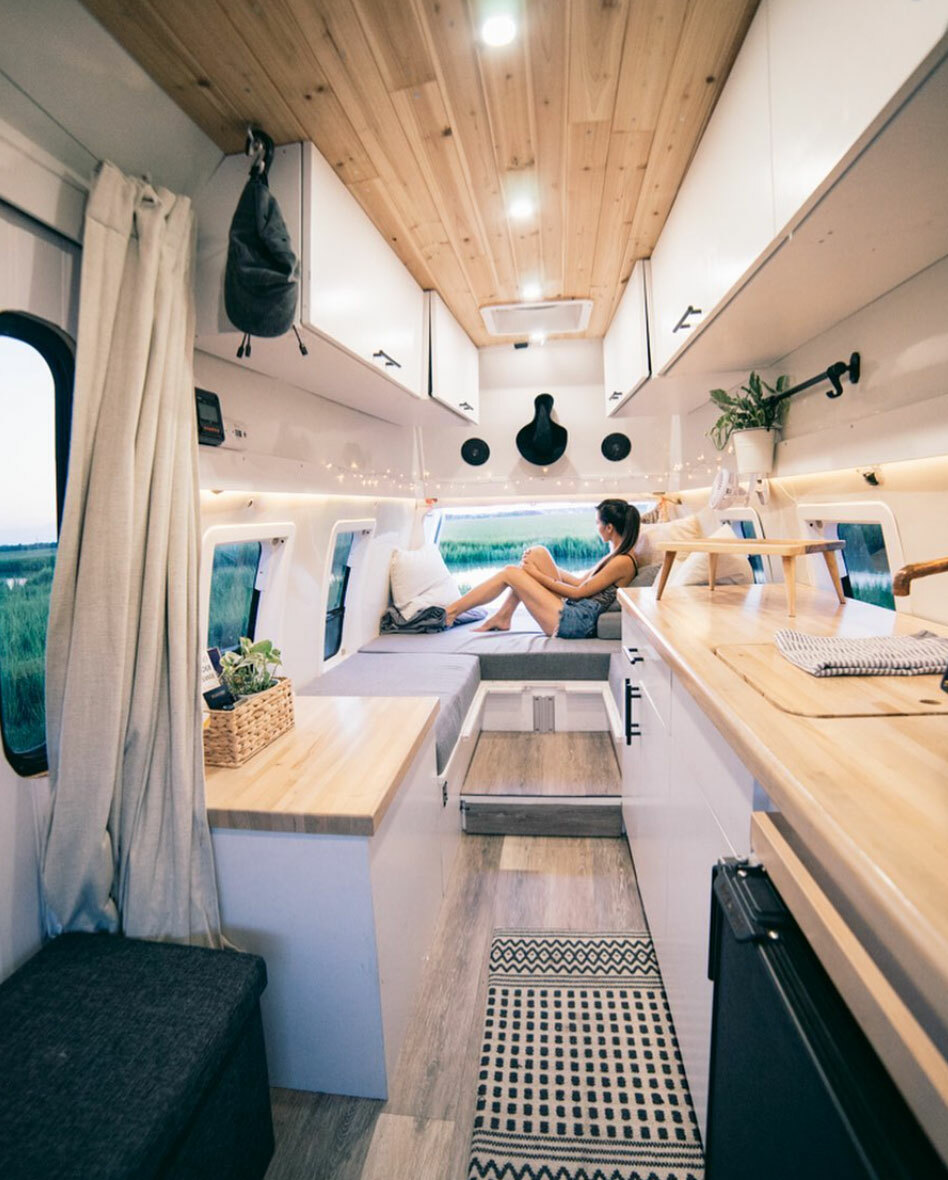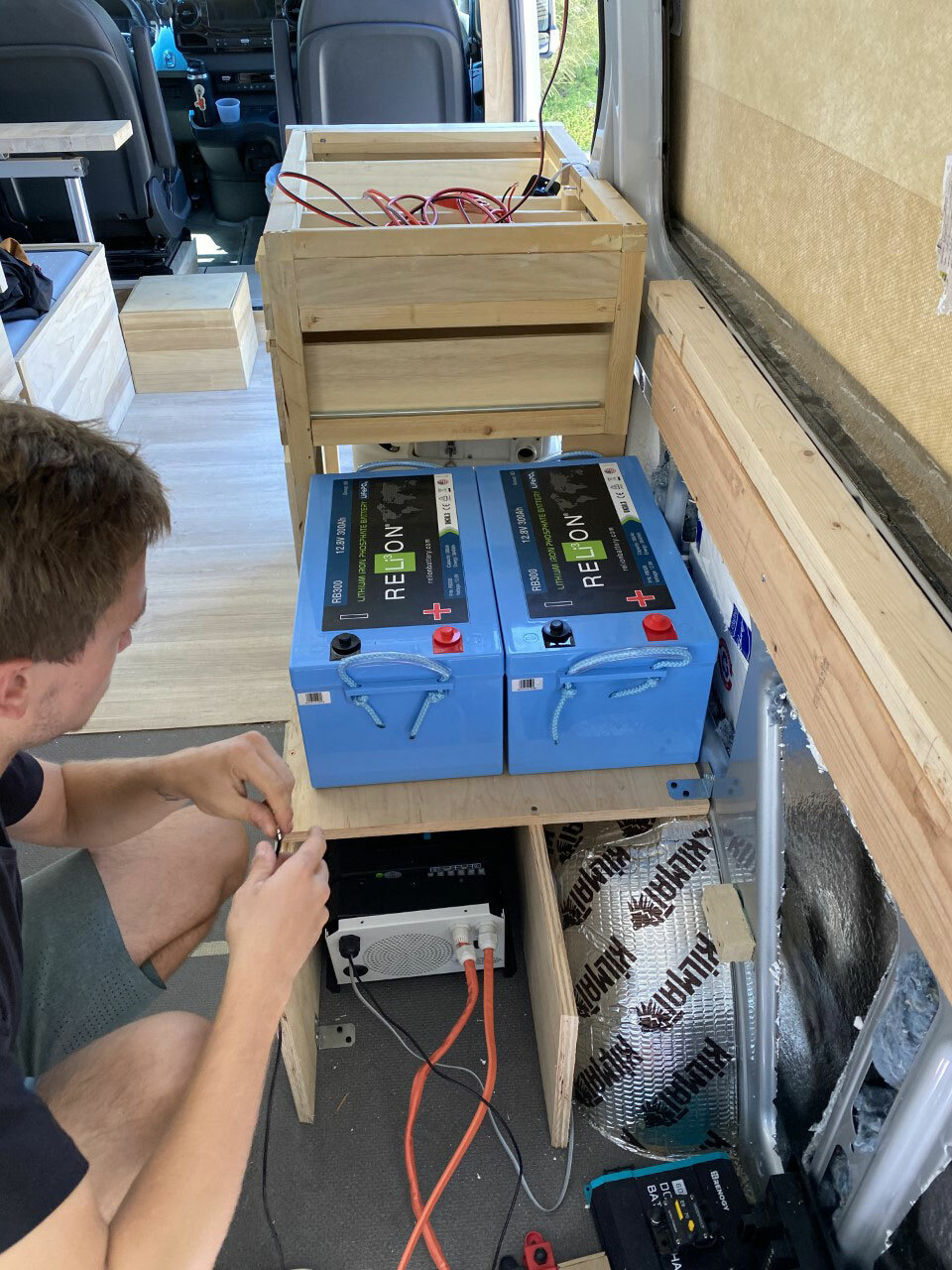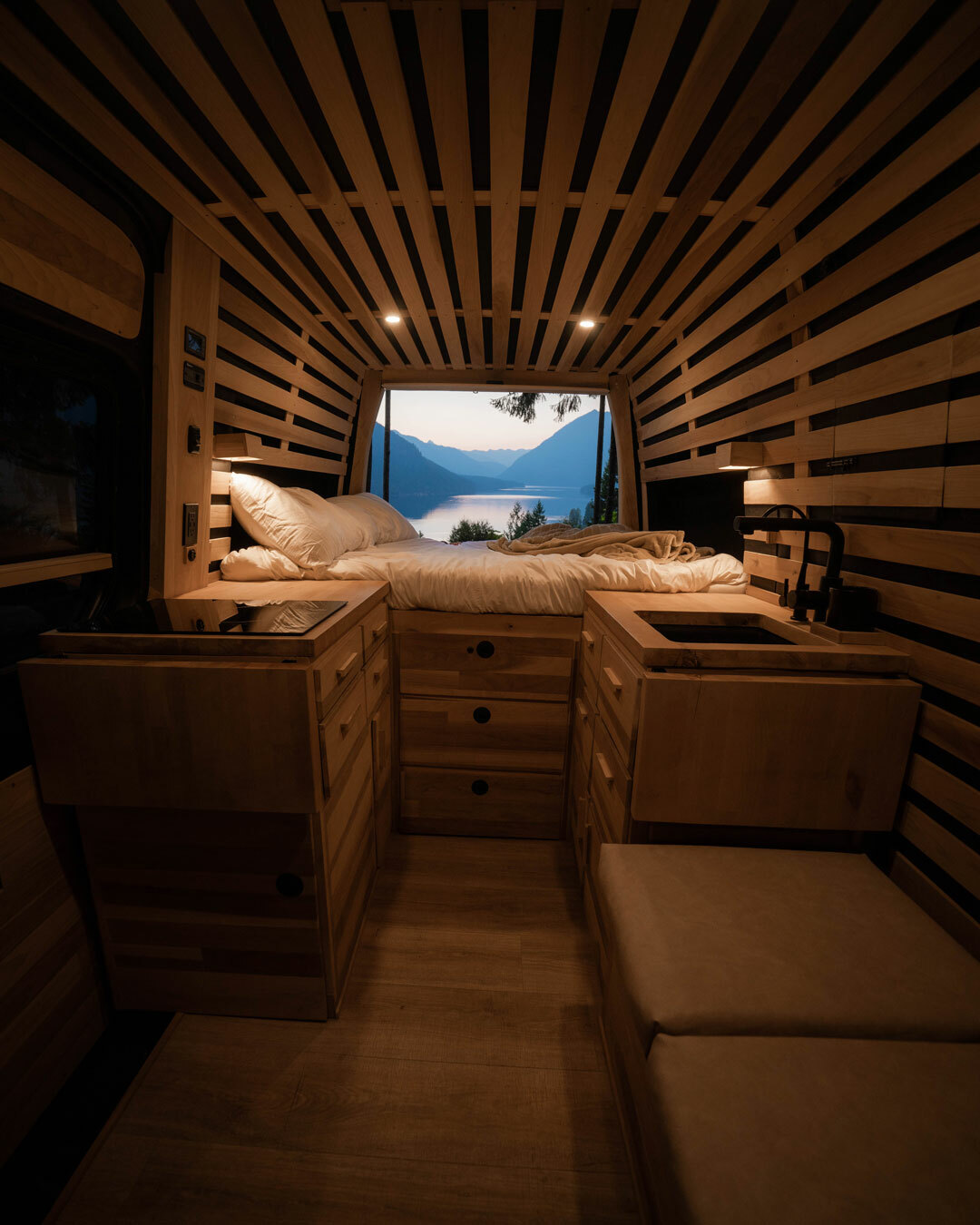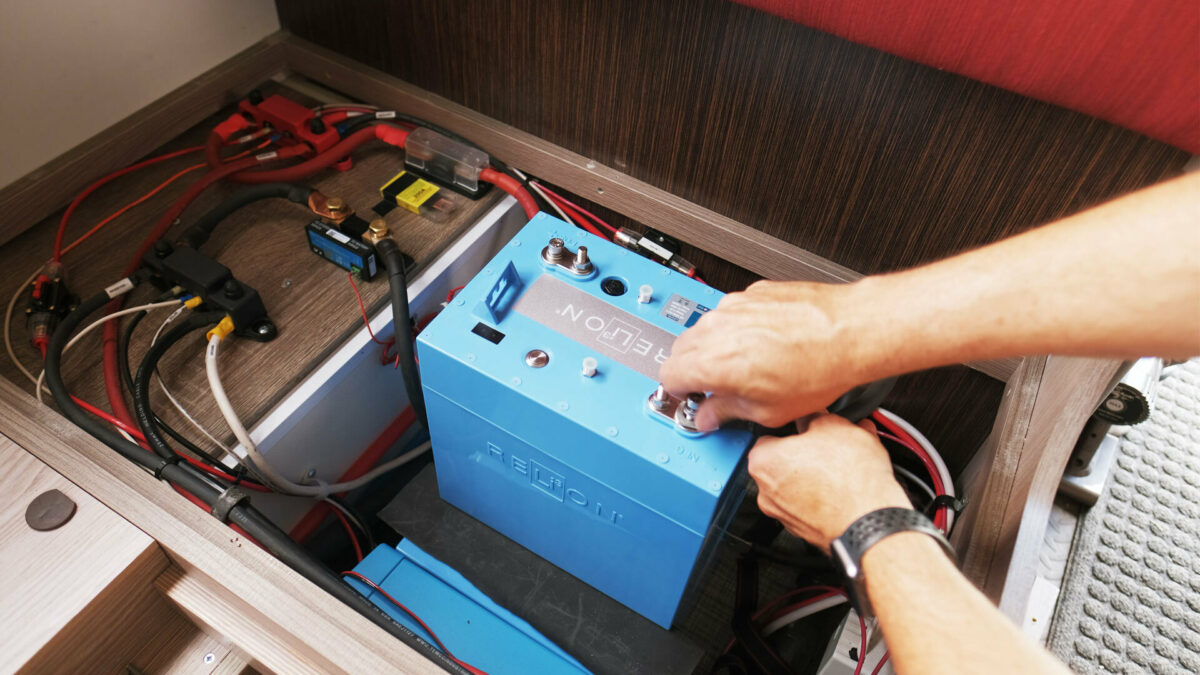Embarking on the journey of converting a van into a camper is an exciting venture for many adventure enthusiasts. One of the key aspects of this conversion is designing an efficient energy system to power your home on wheels. Whether you're planning short weekend getaways or extended road trips, having a reliable energy system is crucial for a comfortable and enjoyable experience. Listed below are the top four considerations when building a camper van's energy system.
- Assess your energy needs
- Select the right power source
- Monitor and maintain your energy system
- Prioritize safety and reliability

Energy Needs Assessment
Before diving into the specifics of your energy system, it's essential to assess your energy needs accurately. Consider the appliances and electronics you'll be using in your camper van, such as lights, refrigerators, heaters, fans, smartphones, laptops, and any other devices you can't live without on the road. You can use this energy system calculator to determine the total power consumption of these appliances in terms of watts or amps per hour. This assessment will serve as the foundation for determining the size and capacity of your energy system. Note that you can also work with in-house experts at battery manufacturers to help you determine your energy system’s size.
Power Source Selection
When it comes to powering your camper van, you have several options to choose from, each with its advantages and limitations. The most common power sources for camper vans include:
- Solar Power: Solar panels are a popular choice for camper van enthusiasts due to their sustainability and independence from external power sources. They harness energy from the sun and convert it into electricity to charge your batteries, which can then be used at any time of day or night. When selecting solar panels, consider factors such as their efficiency, size, and placement on your van's roof to maximize sunlight exposure.
- Battery System: An auxiliary battery system, often referred to as a house battery, stores the energy generated by your chosen power source (e.g., solar panels, alternator, shore power) for later use. Deep cycle batteries, such as lithium-ion batteries, are commonly used in camper van conversions due to their ability to withstand frequent charging and discharging cycles. There are a range of lithium battery chemistries and types, as it’s important to research lithium battery options. Lithium iron phosphate (LFP or LiFePo4), for example, is the safest and most environmentally benign lithium battery type available today.
- Alternator Charging: Utilizing your van's alternator to charge your house battery while driving is a convenient way to replenish power during transit. However, this method may not be sufficient for meeting all your energy needs, especially during extended stays in remote locations.
- Generator: While less common than solar and auxiliary battery systems, fossil fuel powered generators can also be used to power your equipment. Portable generators powered by gasoline or propane can be used to charge batteries or directly power appliances in your camper van. However, these systems often come with significant downsides, such as toxic fumes, loud noises, and a dependency on continual refueling.

Energy Management and Monitoring
Efficient management and monitoring of your camper van's energy system are essential for optimizing power usage and preventing unexpected power outages. Invest in a reliable battery monitor and charge controller to track the state of charge, voltage, and current flow of your house batteries accurately. Even better, you should strongly consider purchasing a battery that has a smart and intuitive battery management system (BMS) built in. For example, all RELiON lithium batteries come with a proprietary BMS to protect against overcurrent and short circuit protection, cell imbalances, excessive temperatures, and over and under voltage. Also, consider installing an inverter to convert DC power from your batteries into AC power for running household appliances that require alternating current.
Additionally, implement energy-saving practices such as using energy-efficient LED lighting, minimizing phantom loads by unplugging devices when not in use, and insulating your camper van to reduce heating and cooling demands. These measures will help prolong the runtime of your energy system and maximize the autonomy of your adventures.

Safety and Reliability
When building your camper van's energy system, prioritize safety and reliability to ensure worry-free travels. Properly install and secure all electrical components to prevent short circuits, overheating, or electrical fires. Use high-quality wiring, fuses, and circuit breakers rated for automotive and marine applications to protect your system from potential hazards.
Regularly inspect and maintain your energy system to identify any issues promptly and prevent premature wear and tear. Consider incorporating backup solutions such as portable power banks or emergency jump starters to mitigate unexpected power failures as an additional precaution while on the road.
Designing a robust energy system is a critical aspect of building a camper van that meets your needs for comfort, convenience, and independence. By carefully considering your energy requirements, selecting the appropriate power sources, implementing effective management and monitoring techniques, and prioritizing safety and reliability, you can embark on unforgettable adventures with confidence and peace of mind in your mobile home away from home.
